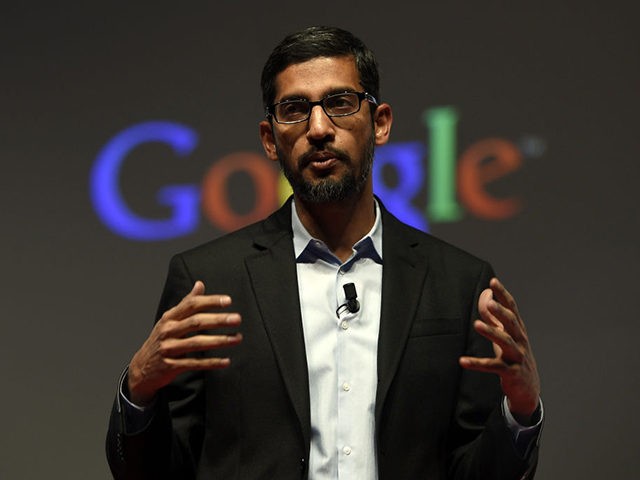Google CEO Sundar Pichai has joined the ranks of technologists calling for regulations on AI technology, which has exploded into prominence in the past year.
Pichai said the technology industry was “developing technology which, for sure, one day will be far more capable than anything we’ve ever seen before,” in an interview for CBS News’ 60 Minutes.
“I’ve always thought of AI as the most profound technology humanity is working on. More profound than fire or electricity or anything that we’ve done in the past,” said the Google CEO.
Pichai said regulation was necessary to prevent some of the negative impacts of AI technology.
“There has to be regulation. You’re going to need laws…there have to be consequences for creating deep-fake videos, which cause harm to society.”
The rapid growth of AI technologies, fueled by the success of consumer facing products like OpenAI’s ChatGPT and image-generating AIs like Midjourney, DALL-E, and Stable Diffusion, has led to an outpouring of dramatic predictions about the future, with at least one prominent AI researcher predicting the end of the human race.
One expert interviewed by 60 Minutes stressed that some analysis of current AIs, such as calling them “sentient,” are off the mark.
“They’re not sentient. They’re not aware of themselves,” said the AI researcher, James Manyika. “They can exhibit behaviors that look like that. Because keep in mind, they’ve learned from us. We’re sentient beings. We have beings that have feelings, emotions, ideas, thoughts, perspectives. We’ve reflected all that in books, in novels, in fiction. So, when they learn from that, they build patterns from that. So, it’s no surprise to me that the exhibited behavior sometimes looks like maybe there’s somebody behind it.”
Technologies like OpenAI’s GPT and Google’s Bard are Large Language Models (LLMs), explained Manyika. They process vast amounts of human language, using that to predict the kinds of responses that users are looking for.
“It tries to predict the most probable next words, based on everything it’s learned,” said Manyika. “So, it’s not going out to find stuff, it’s just predicting the next word.”
Allum Bokhari is the senior technology correspondent at Breitbart News. He is the author of #DELETED: Big Tech’s Battle to Erase the Trump Movement and Steal The Election.

COMMENTS
Please let us know if you're having issues with commenting.